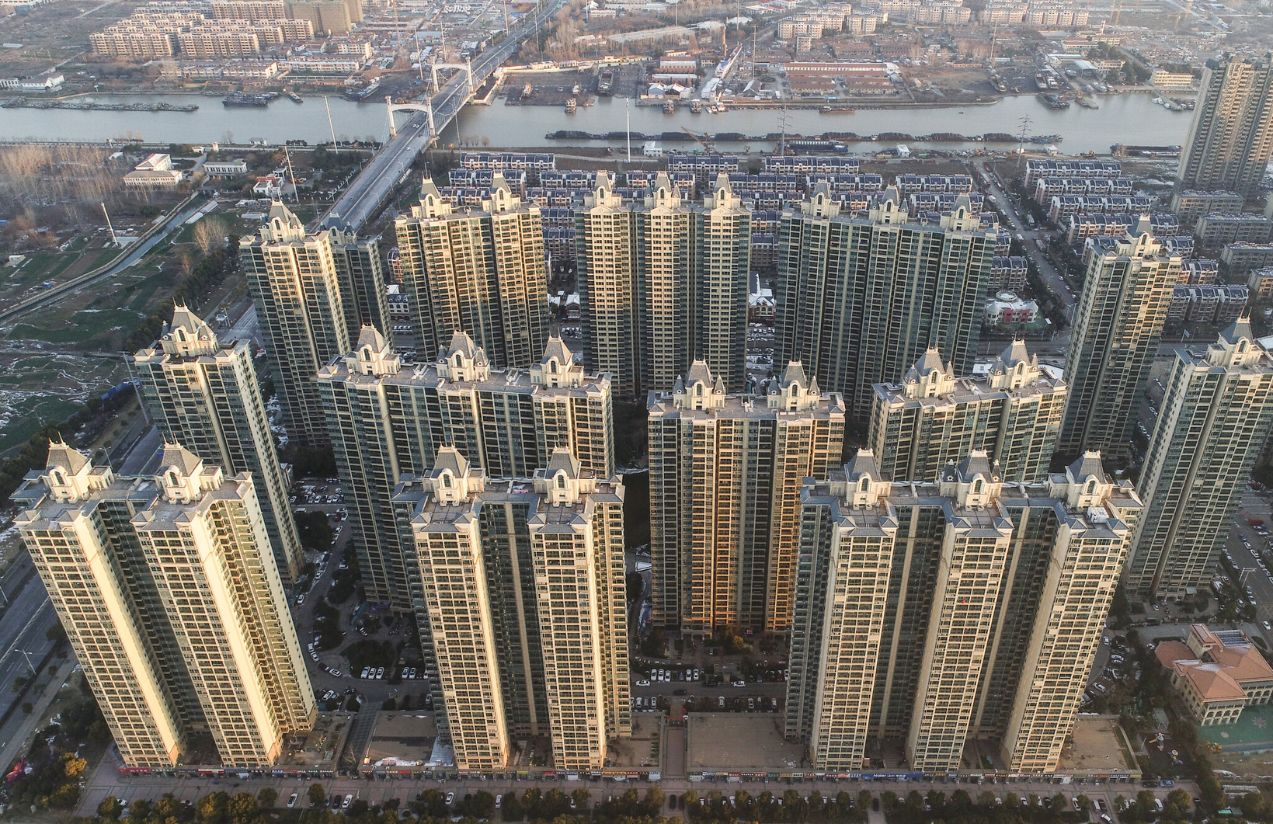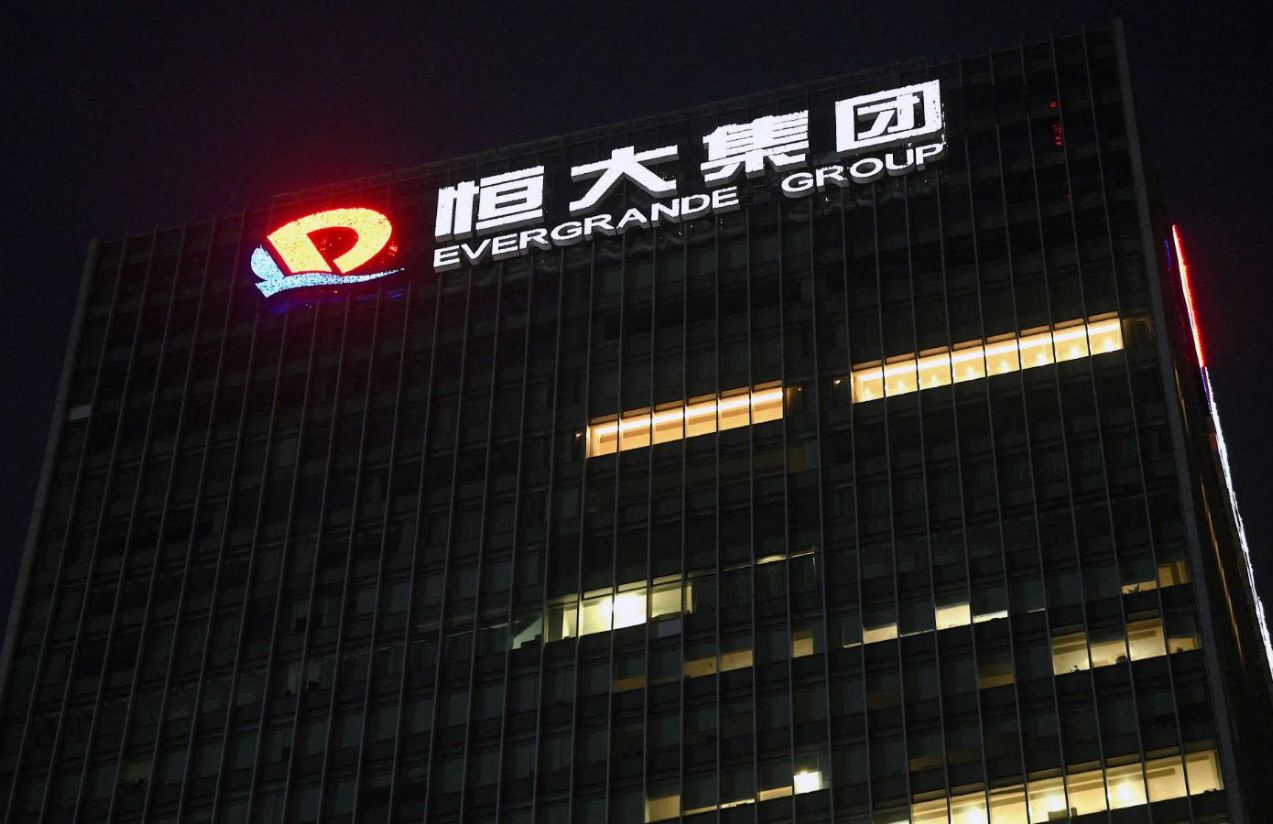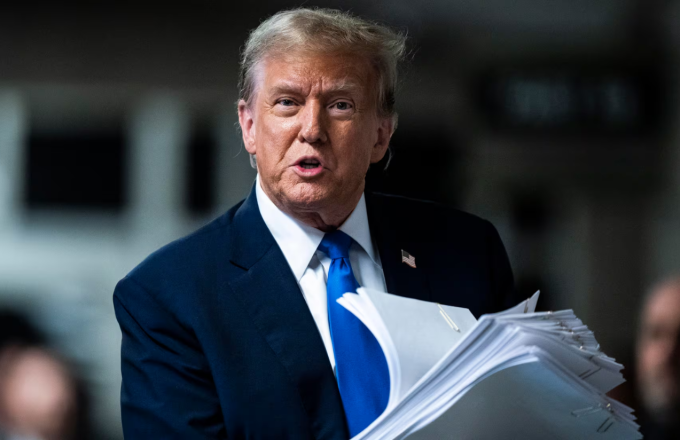Evergrande, once the giant of China’s real estate sector, has been officially delisted from the Hong Kong Stock Exchange after more than 18 months with its shares suspended. This outcome marks a symbolic moment: the definitive closure of what was once one of the most emblematic companies of the country’s property boom.
At its peak, Evergrande reached a market value of over 50 billion dollars, but by the time of its suspension it had collapsed almost completely. The company left behind a colossal debt, estimated at more than 300 billion dollars, while only about 255 million dollars in assets have been recovered compared to the 45 billion claimed by creditors.

Evergrande was one of the first major names to fall following Beijing’s deleveraging policies, known as the “three red lines.” These reforms restricted heavily indebted developers from accessing new financing, exposing the sector’s deep vulnerabilities.
What does this delisting mean for China’s real estate market?
It represents the end of a golden era of easy credit and aggressive expansion, and underscores the need for a more profound and regulated restructuring of the industry. Even with government attempts to stabilize the sector, recovery will be uneven and heavily dependent on state intervention and debt management.













